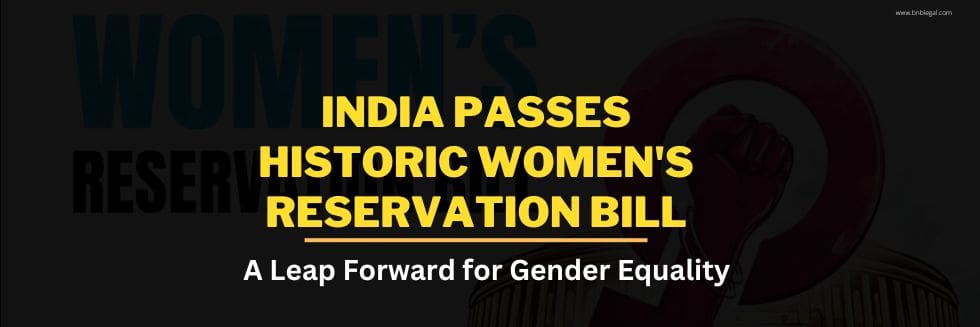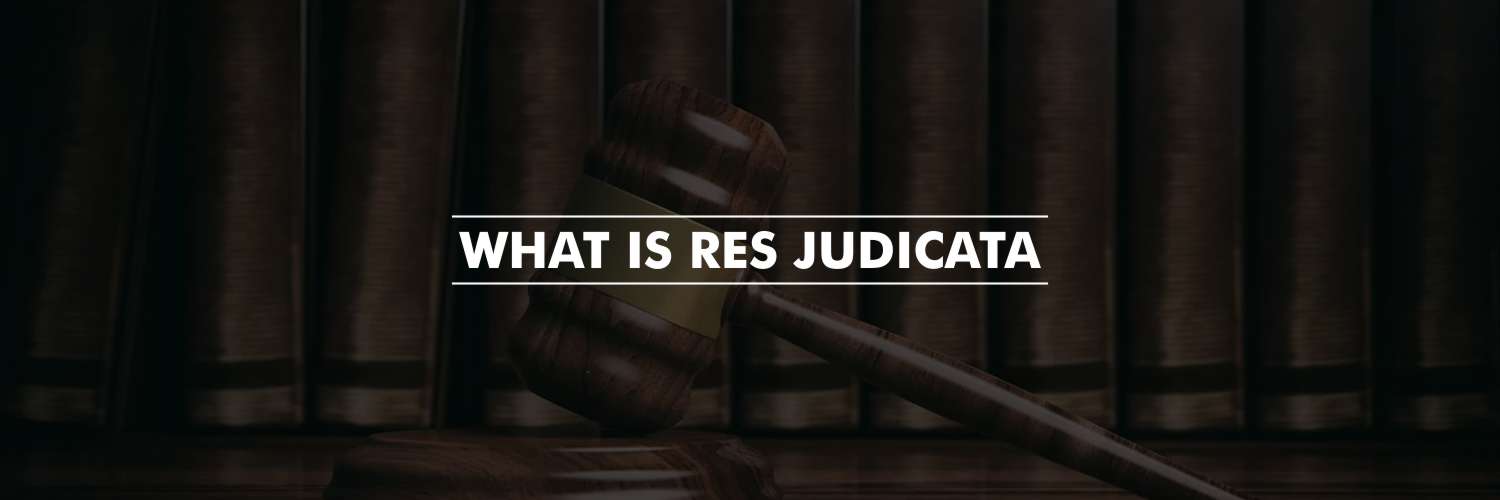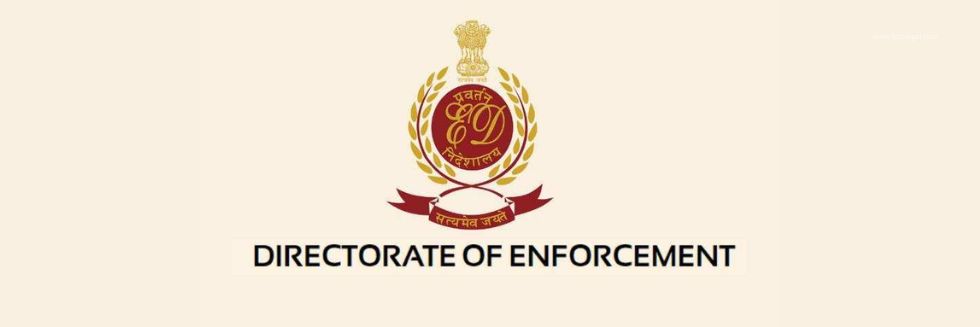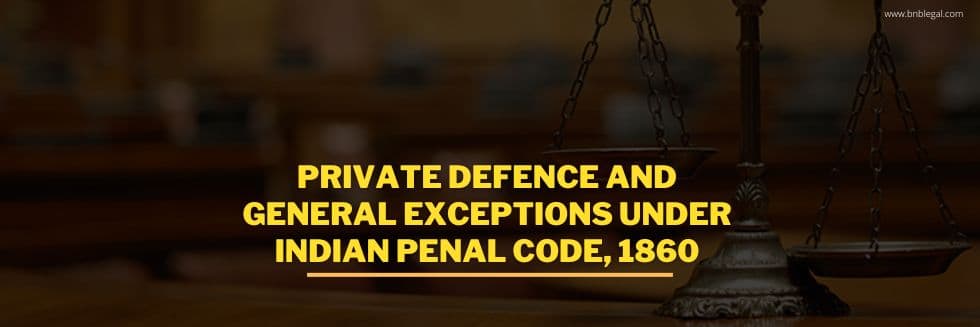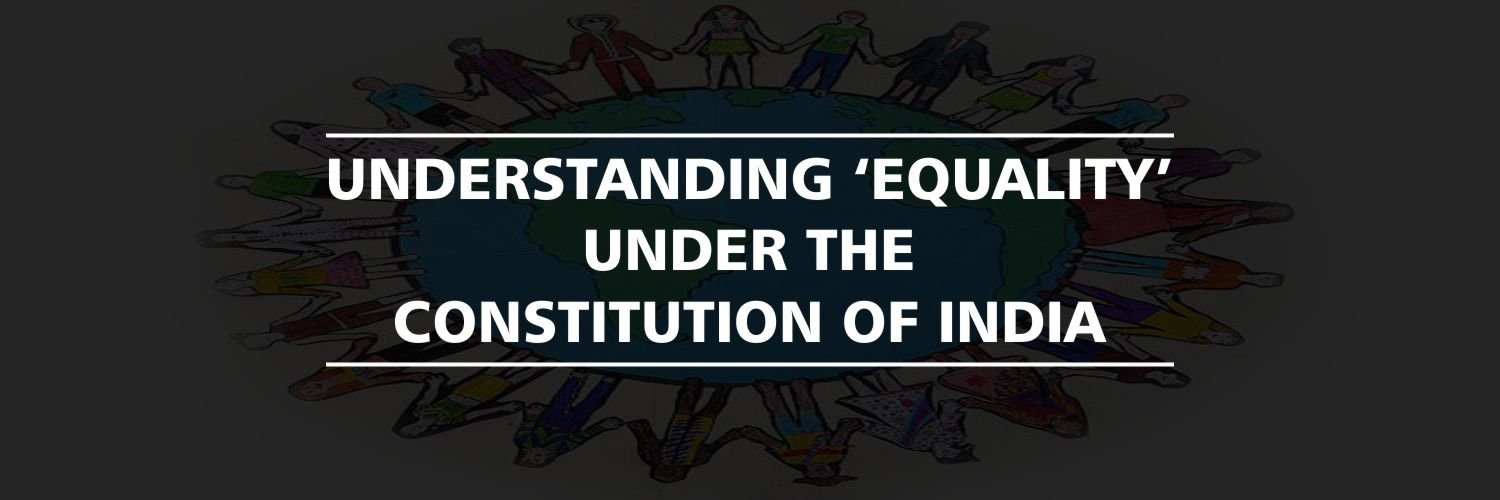Overview:
The United Nations in its 1946 UN General Assembly Resolution 59(1) on Freedom of Information stated that “Freedom of Information is a fundamental right and is the touchstone of all the freedoms to which the United Nations is consecrated. Freedom of Information implies the right to gather, transmit and publish news anywhere and everywhere without fetters. As such it is an essential factor in any serious effort to promote the peace and progress of the word.” In 1982, the Supreme Court of India stated that access to government information was an essential part of the fundamental right to freedom of speech and expression in Article 19 of the Constitution. And, The Right to Information Act is the statute acting as the necessary fundamental right of citizens.
“A government which functions in secrecy not only acts against democratic decency but also buries itself with its own burial”. – Justice Krishna Iyer
Laws Related to RTI in India:
Development of RTI’s Position in India:
In Bennett Coleman v. Union of India (1) , the right to information was held to be included within the right to freedom of speech and expression guaranteed by Article 19(1)(a).
In India, Right to Information is a fundamental right under Article 19(1) (a) of the Indian Constitution. In the case of State of Uttar Pradesh v. Raj Narain (2) , the Supreme Court held that people could not speak or express themselves unless they know. Mr Justice K.K. Mathew unambiguously stated that “it is not in the interests of the public to cover with a veil of secrecy the common routine business…. the responsibility of officials to explain and to justify their acts is the chief safeguard against oppression and corruption.”
The Supreme Court of India in 1982 ruled that access to government information was an essential part of the fundamental right to freedom of speech and expression in Article 19 of the Constitution: “The concept of an open Government is the direct emanation from the right to know which seems implicit in the right of free speech and expression guaranteed under Article 19(1)(a). Therefore, disclosures of information regarding the functioning of Government must be the rule, and secrecy an exception justified only where the strictest requirement of public interest so demands. The approach of the Court must be to attenuate the area of secrecy as much as possible consistent with the requirement of public interest, bearing in mind all the time that disclosure also serves an important aspect of public interest.” (3)
The Right to Information Act, 2005
The Right to Information is governed in India by the Right to Information Act, 2005 which came into force 13th October 2005. This Act lays down the process on how to apply for information, where to apply, how much fees etc. (the procedure to know the information). The law establishes press freedom, including the freedom to print and disseminate materials about the government, courts, and parliament. (4)
On 16 December 2015 in Reserve Bank of India v. Jayantilal Mistry, the Supreme Court was faced to decide “whether all the information sought for, under the Right to Information Act, 2005 can be denied by the Reserve Bank of India and other Banks to the public at large n the ground of economic interest, commercial confidence, fiduciary relationship with other Bank on the one hand and the public interest on the other.”
Writing the judgment for the bench, Justice M.Y. Eqbal, said: “RBI is supposed to uphold public interest and not the interest of individual banks. RBI is not in any fiduciary relationship with any bank. RBI has no legal duty to maximize the benefit of any public sector or private sector bank, and thus there is no relationship of ‘trust’ between them. RBI has a statutory duty to uphold the interest of the public at large, the depositors, the country’s economy and the banking sector.”
On 24 May, 2016 in Vansh Sharad Gupta v. PIO, Legislative Department, it held that State must inform citizens about the Law as and when it was made, and the citizens also have right to know of the Law.
In Jiju Lukose vs the State of Kerala (5) , it was held that FIR copies are under the ambit of Right to Information and the police authorities are obliged to provide the copy of the FIR on an RTI application, unless an appropriate authority decides it is exempted under section 8 of the RTI Act.
Conclusion:
Right to Information is derived from our fundamental right of freedom of speech and expression under Article 19 of the Constitution and has been further strengthened by The Right to Information Act 2005. RTI is not only an instrument to gain information, but it is a correctional technique to strengthen democracy the by bringing transparency to the system.
Reference
- 1973 AIR 106
- 1975 AIR 865, 1975 SCR (3) 333.
- AIR 1982 SC 149
- History of Right of Access to Information Access to Information: A Fundamental Right, A Universal Standard, 17 January 2006. [Cited in the Parliamentary Assembly of the Council of Europe during the debate on the new Convention on Access to Official Documents in October 2008].
- 2016 (334) E.L.T. 504 (Ker.)


